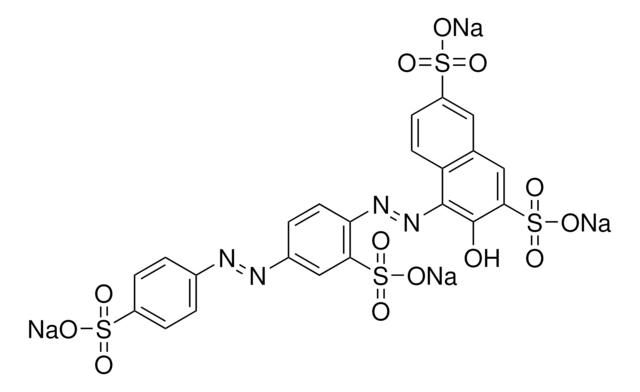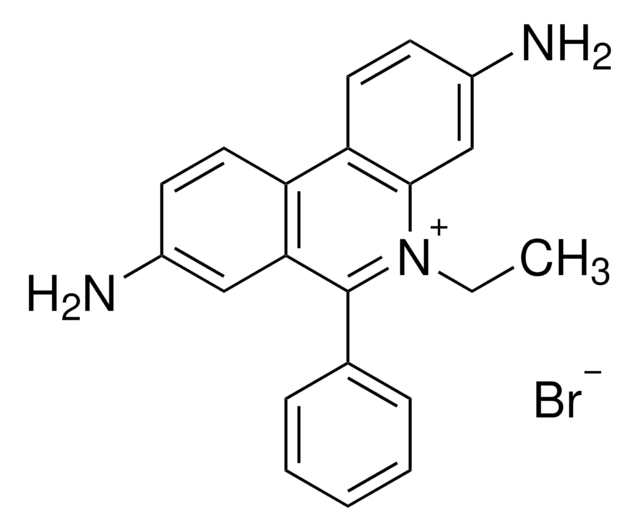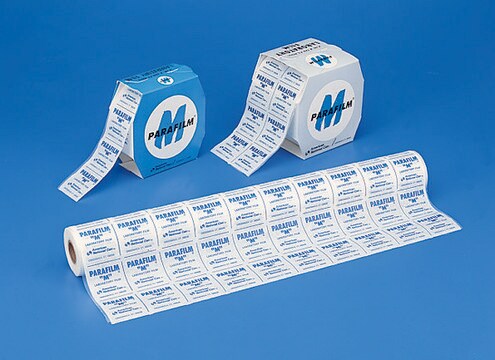EMU010011
MISSION® esiRNA
targeting mouse Tlr2
About This Item
Productos recomendados
description
Powered by Eupheria Biotech
Quality Level
product line
MISSION®
form
lyophilized powder
esiRNA cDNA target sequence
AGACACTGGGGGTAACATCGCTTTTTCCCAATCTCACAAATTTACAAACCCTCAGGATAGGAAATGTAGAGACTTTCAGTGAGATAAGGAGAATAGATTTTGCTGGGCTGACTTCTCTCAATGAACTTGAAATTAAGGCATTAAGTCTCCGGAATTATCAGTCCCAAAGTCTAAAGTCGATCCGCGACATCCATCACCTGACTCTTCACTTAAGCGAGTCTGCTTTCCTGCTGGAGATTTTTGCAGATATTCTGAGTTCTGTGAGATATTTAGAACTAAGAGATACTAACTTGGCCAGGTTCCAGTTTTCACCACTGCCCGTAGATGAAGTCAGCTCACCGATGAAGAAGCTGGCATTCCGAGGCTCGGTTCTCACTGATGAAAGCTTTAACGAGCTCCTGAAGCTGTTGCGTTACA
Ensembl | mouse accession no.
NCBI accession no.
shipped in
ambient
storage temp.
−20°C
Gene Information
mouse ... TLR2(24088) , Tlr2(24088)
General description
For additional details as well as to view all available esiRNA options, please visit SigmaAldrich.com/esiRNA.
Legal Information
Storage Class
10 - Combustible liquids
flash_point_f
Not applicable
flash_point_c
Not applicable
Certificados de análisis (COA)
Busque Certificados de análisis (COA) introduciendo el número de lote del producto. Los números de lote se encuentran en la etiqueta del producto después de las palabras «Lot» o «Batch»
¿Ya tiene este producto?
Encuentre la documentación para los productos que ha comprado recientemente en la Biblioteca de documentos.
Nuestro equipo de científicos tiene experiencia en todas las áreas de investigación: Ciencias de la vida, Ciencia de los materiales, Síntesis química, Cromatografía, Analítica y muchas otras.
Póngase en contacto con el Servicio técnico






